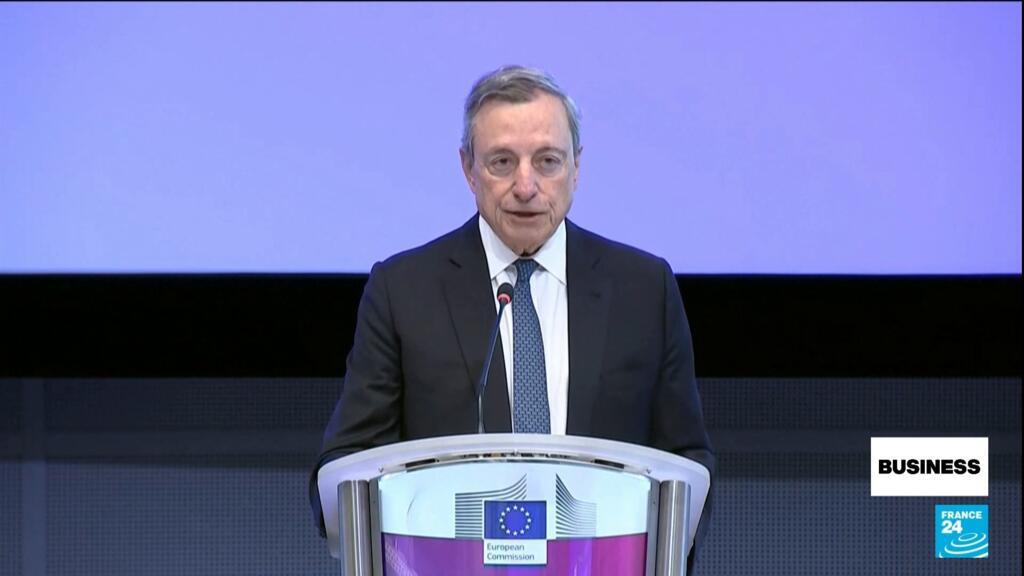European Competitiveness in Decline
The European Union is falling behind its competitors, according to a warning issued by former ECB boss Mario Draghi. This comes one year after the publication of a far-reaching report on European competitiveness, which highlighted the need for urgent action to address the EU’s declining performance.
Slow Response from Member States
Draghi sharply criticized the Member States for their slow response to the challenges facing the EU. Despite the report’s warnings, the situation has continued to deteriorate, with no clear way to finance the necessary investments. The EU’s complacency in the face of these challenges has been particularly concerning, with Draghi emphasizing the need for immediate action to address the decline in competitiveness.
Impact of Trade Tensions
The trade tensions sparked by Donald Trump’s tariffs and trade deficit against China have had far-reaching consequences for the EU. The challenges identified in Draghi’s report have worsened, with no clear solution in sight. The EU’s inability to respond effectively to these challenges has exacerbated the decline in competitiveness, leaving the region struggling to keep pace with its competitors.
Need for Investment
The lack of investment in key areas has been a major contributor to the EU’s declining competitiveness. Without a clear way to finance necessary investments, the EU will continue to fall behind its competitors. Draghi’s report highlighted the need for urgent investment in areas such as technology and infrastructure, but so far, the response from Member States has been inadequate.
Call to Action
Draghi’s warning serves as a call to action for the EU’s Member States. The need for immediate action to address the decline in competitiveness is clear, and the EU must work together to find a solution. With the right investment and a coordinated response, the EU can begin to reverse the decline in competitiveness and regain its position as a global leader.

